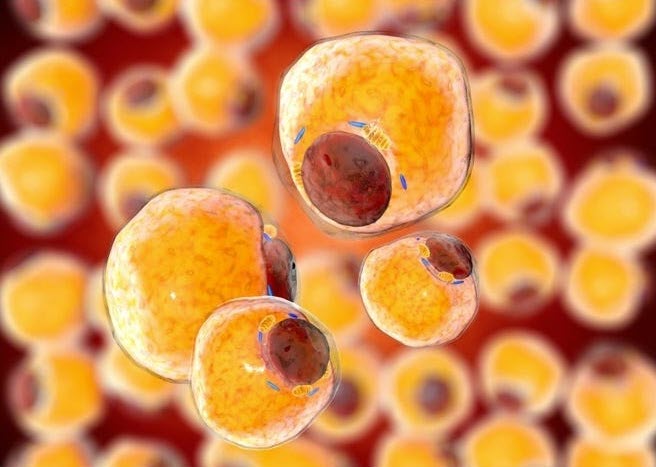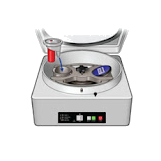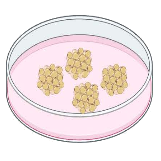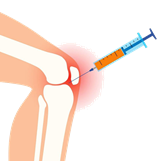Do you know SVF injections?
Adipose-derived stromal vascular fraction (SVF) injection is a treatment in which mesenchymal cells derived from adipose tissue, which makes up the largest portion of our body, are injected into the knee joint.
While conventional treatments are primarily aimed at relieving pain or suppressing inflammation, autologous fat therapy is a treatment that essentially regenerates damaged cartilage.
In addition to improving symptoms, it can slow down degenerative arthritis, and because it uses autologous adipose tissue, the risk of complications is low and long-term results can be expected after just one treatment.
Autologous bone marrow therapy has the disadvantage that it is more difficult to obtain mesenchymal cells than autologous fat therapy, so the recent trend in knee osteoarthritis treatment has been to move from "autologous bone marrow" to "autologous fat".

Procedure for Autologous Adipose Derived Matrix Vascularized Fraction Injection
Mesenchymal cells can be derived from a variety of places in the body, including fat, bone marrow, cord blood, and placenta, but they are most commonly derived from adipose tissue, which can be easily harvested in relatively large quantities.
The procedure consists of two main steps. First, a small amount of fat is taken from the patient's abdomen or thighs and mesenchymal cells are extracted using a centrifuge. The extracted cells are then injected into the knee joint to treat the damaged area.
No general anesthesia is required, just local anesthesia, and the procedure is relatively short, lasting about an hour. After the procedure, you'll only need to rest for a day or two, with no significant disruption to your daily routine.
Superior Benefits of SVF Injections
People in their 20s have 1 in 1000 mesenchymal cells, while people over 60 have only 1 in 100,000 or 1 million.
However, there is one mesenchymal cell from adipose tissue for every 10 to 15 adipocytes, so there are 7 to 101 TP3T of mesenchymal cells in every adipocyte. For this reason, developed countries have been actively using autologous adipose-derived stromal vascular fraction injections, which contain a high proportion of mesenchymal cells, to treat arthritis for more than a decade.
Differences between BMAC and SVF injections
Recently, autologous adipose-derived stromal vascularized fraction injections were approved as a "new medical technology" by the government, allowing patients with stage 2 or 3 arthritis or knee cartilage damage of 50% or greater to safely undergo the procedure.
However, insurers have been particularly vocal about the need for "at least six hours of hospitalization" as a threshold for paying claims for government-approved new medical technology treatments, leading to a growing conflict between patients and insurers.
The Korean Society of Anesthesiology and Pain stated that "hospitalization for at least 6 hours or more than 1 day is required" for sleep anesthesia to collect adipose tissue in autologous fat-derived stromal vascular fraction injection. In addition, the Korea Health Insurance Review and Assessment Service has been paying the hospitalization fee since the fat-derived treatment was recognized as a new medical technology, so it is recognized that "hospitalization is appropriate". This is expected to put to rest the controversy about 'unnecessary hospitalization' as it has been recognized by a reputable government agency.














